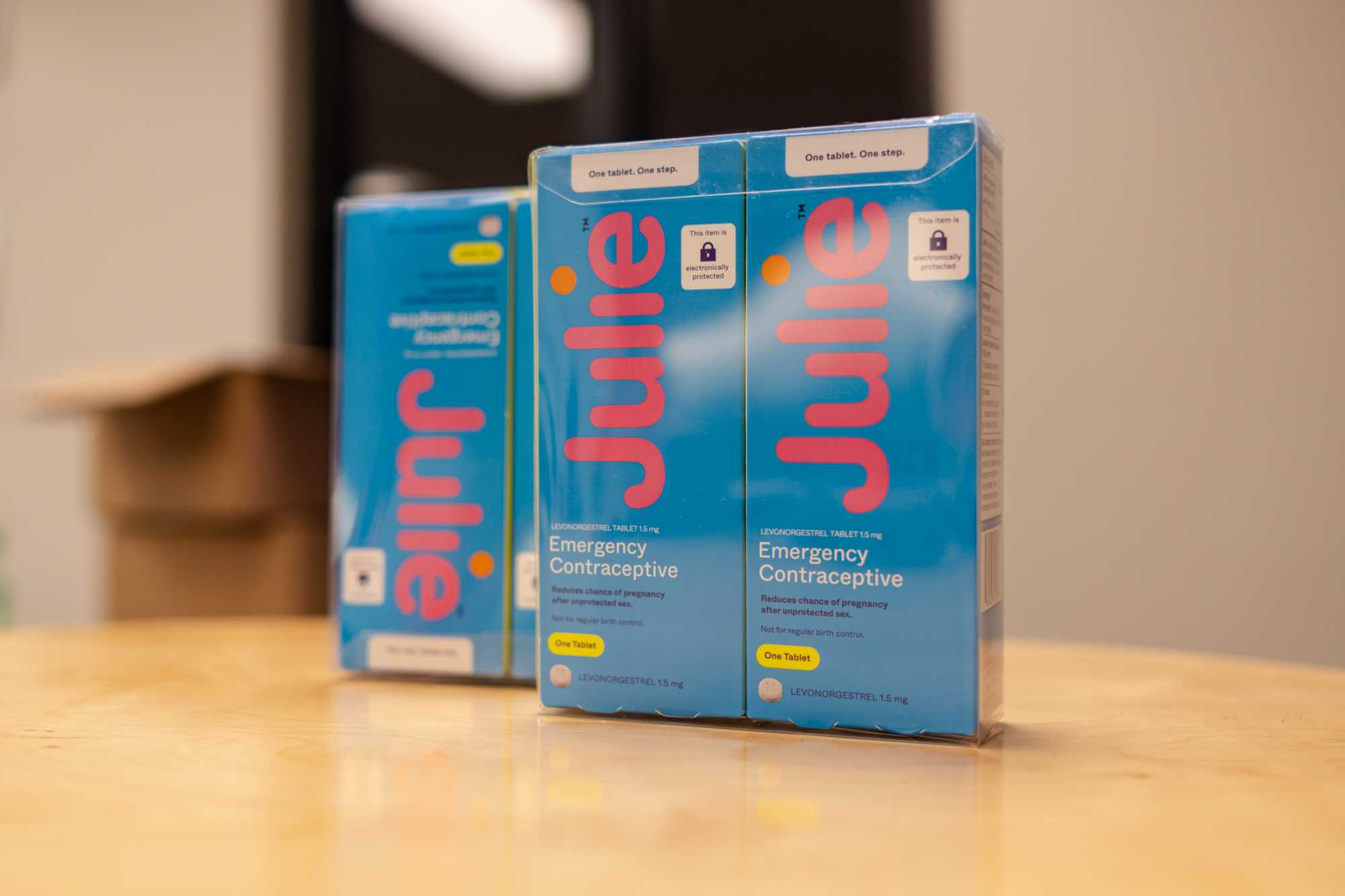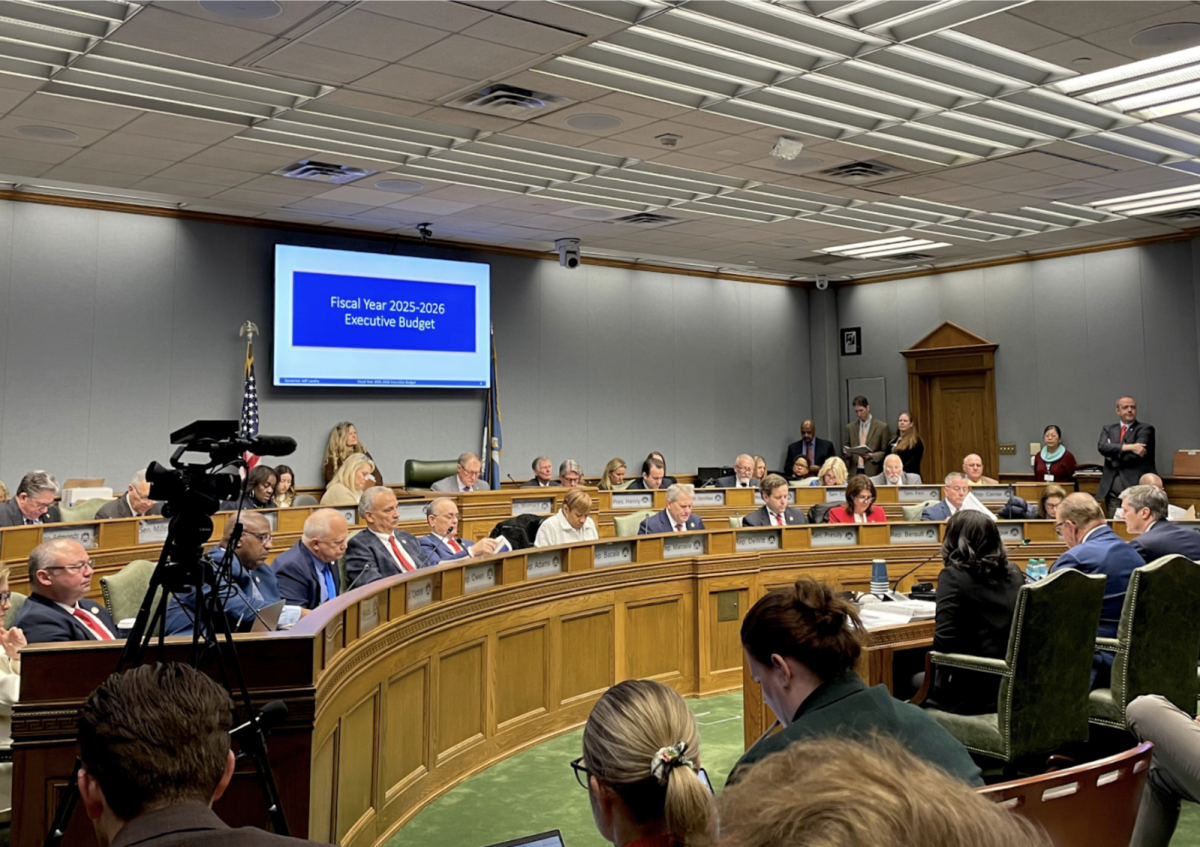The LSU student organization Feminists in Action has distributed over 1,200 units of emergency contraception in the last month and a half to anyone who needs it, with no questions asked.
The group obtained 1,500 units of emergency contraception through grants with nonprofit Advocates for Youth and the American Society for Emergency Contraception’s EC4EC program, which stands for emergency contraception for every campus. One unit contains one tablet, which would usually cost $50 over the counter. But for LSU students, they’re free through FIA.
As of right now, the LSU Student Health Center doesn’t offer free emergency contraception for students, except in cases of sexual violence. College students don’t make a lot of money, explained Lillian Sims, a psychology sophomore and FIA’s Planned Parenthood chair.
“We saw it; we knew there was a demand,” Sims said.
FIA started distributing emergency contraception by tabling in Free Speech Alley. The club also went further by delivering the pills on a personal basis, learning of those who needed the contraception by word of mouth and through Instagram. Many FIA officers even wore small side bags full of the emergency contraceptives, delivering to as many as 10 people a day.
As of Friday, the organization had connected students with 1,236 units. That’s the equivalent of more than $60,000 worth of emergency contraception.
Sims said the only requirement to get the tablets was to ask for them.
“We just want to make sure people who need it are getting it, no matter what,” Sims said.
When the Supreme Court overruled the landmark case, Roe v. Wade, in 2022 that protected access to abortion under the Constitution, restrictions began in earnest. Since then, 14 states have passed laws making abortion illegal, and others have put strict limits on the procedure.
In Louisiana, a law that had been on the books since 2006 acted as an abortion trigger ban, going into effect immediately after the reversal of Roe v. Wade. Doctors who perform illegal abortions in the state can face prison time of up to 10 years and fines up to $100,000.
FIA president Myrissa Eisworth, an anthropology and sociology senior, said the organization has been looking for ways to get emergency contraception on campus since 2022. The goal is to remove the barrier of cost to emergency contraception in a “post-Roe world,” she said.
“Our peers have a right to make decisions about their bodies and their futures,” Eisworth said.
Emergency contraceptives, like the Julie-brand morning after pills distributed by FIA, are not subject to Louisiana’s abortion law.
Morning after pills work by preventing pregnancy before it starts; the active ingredient, levonorgestrel, temporarily stops the ovaries from producing eggs. If taken within the suggested 72-hour window, the morning after pill can prevent between 75-89% of pregnancies, according to Planned Parenthood.
FIA Vice President Layla Harmon, a political communications junior, has been working on an emergency contraception survey with the LSU Reilly Center for Media & Public Affairs. The survey studies what barriers LSU students face for accessing emergency contraception, and how educated they are on what emergency contraception is and how it works.
“Students are generally aware of EC and know where to get it,” Harmon described the survey results, “but also education and basic facts are needed, and there are access barriers — most notably cost, anxiety and stigma around EC.”
FIA is gearing up for their Take Back the Night event, taking place on April 16 at Memorial Tower, where they’ll be distributing emergency contraception kits, including one unit of contraception, a pregnancy test, condoms and more.
After they fully distribute their supply, FIA will be working with the Baton Rouge chapter of the National Organization for Women and potentially other groups to continue to provide free emergency contraception for LSU students.







